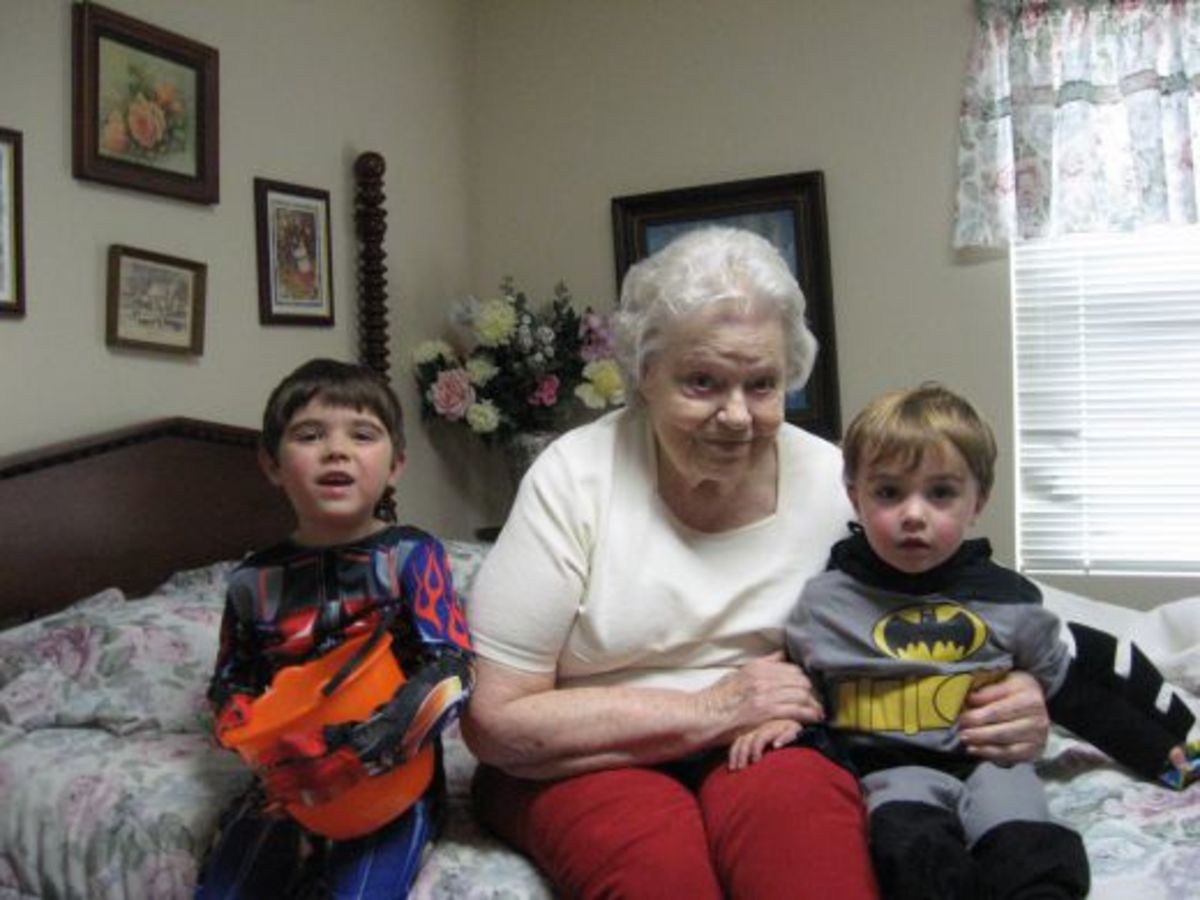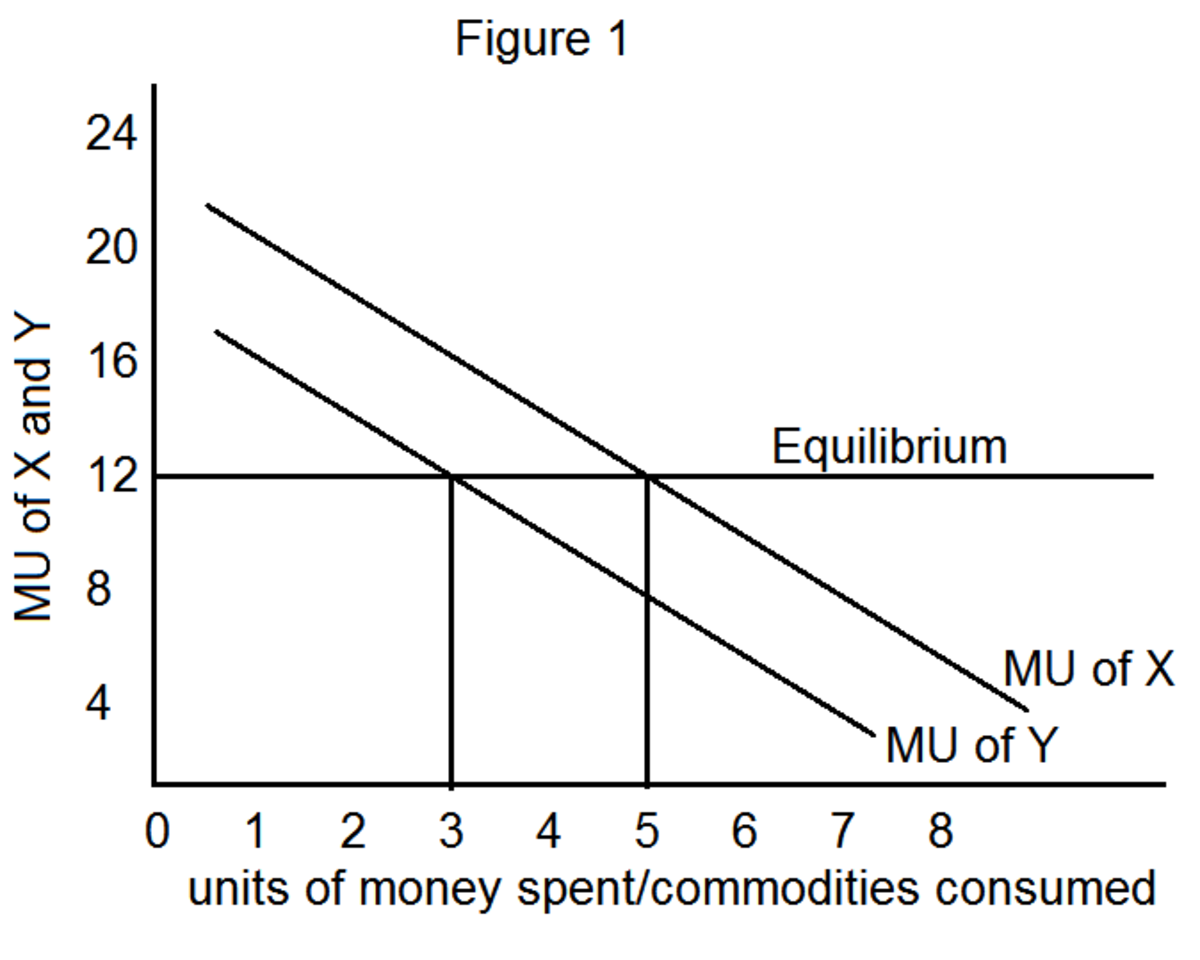Caregiver Chronicles: 5 Support Resources You Should Know

Have you ever felt frustrated and helpless when dealing with doctors, health plans, or other care providers whether for yourself, your children, or your parents? If yes, keep reading. If no, keep living. As a caregiver to my mom, I’ve learned of some support resources you should to know to make your caregiver journey less stressful and more manageable.
Consumer Directed Personal Assistance Program (Cdpap)
CDPAP is a New York State Medicaid program that provides services to chronically ill or physically disabled individuals who have a medical need for help with activities of daily living (ADLs) or skilled nursing services. Services can include any of the services provided by a personal care aide (home attendant), home health aide, or nurse.
I found out about the program through one of my church sisters, but I didn’t act on it until I receive a mailer from a local home care services provider advertising how you could get paid for taking care of family or friends. I called them and they walked me through the process:
- Obtain doctor documentation detailing the need for home care services.
- Contact the Medicaid office to request and schedule a nursing assessment. The nurse assessor determines whether the recipient is eligible for the program, and recommends the amount, frequency and duration of services.
- Choose a Managed Long Term Care (MLTC) health plan. The MLTC will do their own assessment and assign a home care services agency to provide the personal aide services.
One of the upsides is that it allows you to recruit and hire family members and friends. The downside is that you are responsible for providing and training enough workers to cover the shifts. Therefore, you need reliable people who will show up and provide quality care. I was not able to recruit consistent support from family or friends, and I often had to fill in when someone was unable to work. I subsequently had to switch from the CDPAP option and have the home care agency provide the aides.
In the beginning, I had signed up to get paid for providing services to my mom, but I found out that I wasn’t eligible because we lived in the same house and she didn’t require 24 hours at the time. A couple of years later when she did require 24-hour service, I found out after 6 months of paid service that I was ineligible because I was her representative; the government saw that as a conflict of interest. It turned out to be a blessing because caring for her had begun to take a serious toll.
Respite Care
Respite Care provides short-term relief for primary caregivers. It can be arranged for just an afternoon or for several days or weeks. Care can be provided at home, in a healthcare facility, or at an adult day center.
Four and a half years into my caregiver journey, I found out that I was entitled to 30 days of respite care services annually. A social worker was referred to me after a nurse’s home care follow-up call revealed that I was super stressed and suffering from caregiver fatigue. The social worker not only informed me about the services, she made me promise to call the health plan to inquire and then call her back with details on when I would use the services. It was a beautifully blessed December 2018 when I was able to enjoy three consecutive weeks of caregiver-free rest, sleep, and physical therapy while mom was being cared for in a local nursing home/ rehabilitation facility.
Preserve A Mom (P.A.M.)
The P.A.M Project’s mission is to empower mothers and caregivers, advocate for their maternal mental health, provide wellness opportunities & resources, impact the lives of lost voices to be reclaimed, promote the value of personal well-being among the forefront of parental well-being, and shatter the stigma of maternal mental illness.
P.A.M Moms Facebook private group promotes support, elevation, accountability - goal setting, entrepreneurship, wellness options, networking, and transformation for healthier and happier moms.
I connected with Ms. Alicia James on LinkedIn after she messaged me in 2015. Her P.A.M Project events over the years have helped me to be more outgoing and to look forward to getting away from my caregiver experience for some quality self-care, me-time. I enjoyed events that included a Harlem brunch; a Manhattan movie day with reclining seats; a Lord and Taylor department store facial and makeup makeover; a vision board party; and wellness walks and lunch on the Hudson. I’ve met and fellowshipped with a wonderful group of sweet-hearted down to earth mothers and caregivers; and as a caregiver, I've learned to take better care of myself by making and taking time for me.

The Independent Consumer Advocacy Network (ICAN)
The Independent Consumer Advocacy Network is the ombudsman program for health plan members. ICAN helps when you have a problem with your health plan, doctor, or other care providers. All services are free. Phone: 1-844-614-8800.
I called them because mom’s health plan case manager was not getting me timely results in regards to providing the documentation needed to secure respite care at my preferred facility. I was also having issues getting mom’s correct supplies. I had to pay out of pocket in the interim for two months in a row and refuse delivery of the second month of incorrect supplies because I refused to allow the aides or me to be inconvenienced again. I had already filed a grievance with the health plan, which kept referring me back to the same case manager as the go-to person.
The ICAN Rep. recommended I contact the next resource on my list because I needed immediate assistance to resolve the issue before my respite care was due to begin in the next 10 days. They provided the number and I called as soon as I hung up from them.
Department Of Health
I called the Dept. of Health (DOH) to file a complaint against the health plan and the supply company. The DOH Representative documented the information, informed me that an investigation would take place and that I would receive the results, and then provided me with a complaint number. Phone: 1-866-712-7197.
It is important to know that there are resources available to improve your caregiver experience and that you do not have to settle for incompetence. If you are not satisfied with the care you are receiving, you have options. I chose to file complaints about my displeasure and to take steps to change mom’s health plan and hopefully gain a different supply company in the process. Before I called the new health plan to request enrollment and receive an appointment for the nursing assessment, I reached out to the home care agency that provides mom’s services and received a list of participating health plans that they are contracted with.
I encourage you to be proactive in your caregiver role, learn what to do, and then do what you know.
UPDATE: The DOH followed-up and provided with a name and email to request a refund for the 2-month's of out-of-pocket expenses I incurred for mom’s supplies. We received a refund; mom’s health plan case manager was changed, as was the supply company, and all has been going smoothly as of January 2020.
Be blessed,
Jo Anne Meekins
Inspired 4 U

This content is accurate and true to the best of the author’s knowledge and is not meant to substitute for formal and individualized advice from a qualified professional.
© 2019 Jo Anne Meekins






